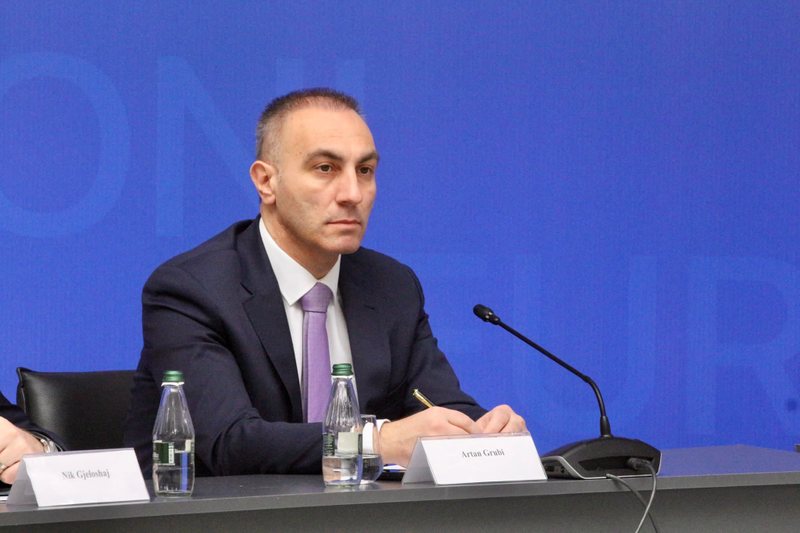Former North Macedonian Deputy PM resigns from politics following U.S. ‘non grata’ designation

Former Deputy Prime Minister of North Macedonia, Artan Grubi, has stepped down from politics and his leadership roles in the Democratic Union for Integration (BDI) after being designated “non grata” by the U.S. State Department. The decision comes just days after the U.S. blacklisted Grubi, along with Enver Bexheti, a judge at the Court of Appeals, citing governance concerns. In his remarks, Grubi framed his resignation as a necessary step to protect his integrity and avoid political conflict.
Why is this important: The U.S. State Department’s designation underscores international concerns about governance and corruption in North Macedonia, a country striving for EU membership and political stability. Grubi’s withdrawal from politics comes at a challenging moment for his party, the BDI, which has long championed Albanian rights in the region. His case, risks having a negative impact on perceptions of Albanian political representation in North Macedonia during this critical period.
What did he say: In his resignation announcement, Grubi highlighted his contributions to NATO membership, EU accession talks, and equality for Albanians in North Macedonia. He explained: “This is a difficult decision, but necessary to protect my family, my integrity, and the shared mission for a united future. I remain committed to these values as a citizen and supporter.”
Parallels to Albania: Grubi’s resignation stands in sharp contrast to the actions of Sali Berisha, former Prime Minister of Albania, who faced a similar “non grata” designation by the U.S. State Department and the UK Home Office. Unlike Grubi, who chose to step back to protect his integrity and avoid burdening his party, Berisha responded by launching a divisive movement within the Democratic Party of Albania. When asked to suspend his activities until he could clear his name, Berisha instead initiated efforts to oust then-leader Lulzim Basha, fracturing the party, undermining its unity and weakening the entire opposition in the run-up to the elections.
What’s next: Grubi’s resignation leaves a leadership gap in the BDI as the Albanian factor in North Macedonia faces a serious crisis in its relations with the nationalist VMRO-DPMNE government. A weakening of the BDI, where Grubi was considered one of the potential successors to historical leader Ali Ahmeti, could negatively impact North Macedonia’s EU perspective. The BDI has long been one of the staunchest supporters of the country’s EU integration, countering the resentment and Eurosceptic attitudes prevalent among significant segments of Macedonian political parties.


